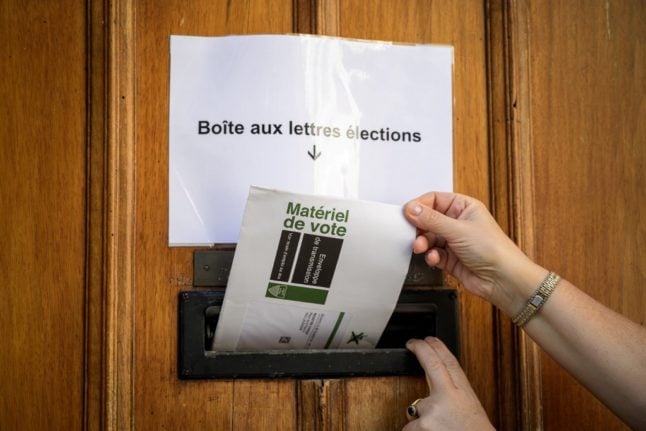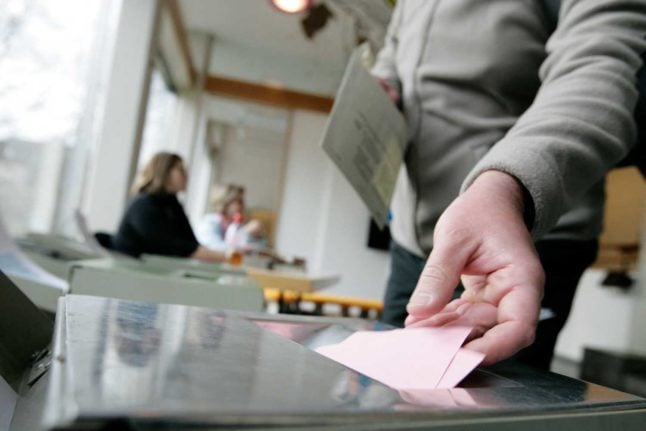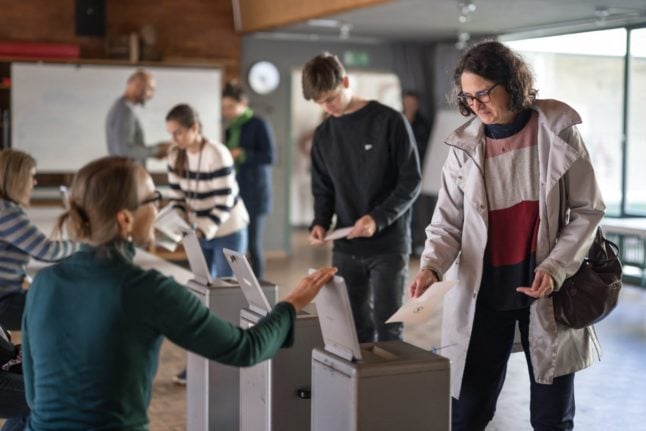By now, every political party in Switzerland understands that voters are worried about the environment, the largest issue of our times. Environmental concerns cannot be separated from energy provision and these two issues are fuel for all parties, not just the Greens.
The other main topics on the home front will be money and foreigners, and – on the foreign policy side – relations with the European Union and the impact of Russia’s war in Ukraine, particularly the harsh light it has cast on Switzerland’s brand of neutrality.
The cost-of-living crisis has not caused the same level of suffering in Switzerland as elsewhere. Inflation is currently the lowest in the OECD at 3.3 per cent, and the country is seeing the lowest unemployment rate in 20 years at 2.2 per cent. But there is still heightened sensitivity to rising prices, especially health insurance premiums, which will increase 6.6 per cent on average in 2023.
The Social Democrats and the Centre parties have both put forward popular initiatives designed to reduce heath costs for households, so that will be a trump for them at a time when it’s important to be seen to be doing something. Any package that cushions this compulsory expense will ultimately benefit all residents of Switzerland.
Will we see another green wave?
The big story of the last federal elections in 2019 was the green wave, which saw the Green Party boost its share of the vote by 6.2 percentage points to 13 percent, and the more business-friendly Green Liberals also gaining ground to reach 8 percent.
Those two parties combined had a higher share of the vote than three out of the four parties that enjoy guaranteed executive seats in the Federal Council (cabinet) under the so-called magic formula, a coalition system that distributes all seven seats between the four largest parties.
READ ALSO: Switzerland’s Green party makes historic gains in federal elections

The Green Party alone with its 13 percent was stronger than the Centre (formerly the Christian Democrats) who ended up on 11 percent. Surprisingly to outsiders, the good electoral fortune of the Greens did not translate into a ministerial role. But the system has been in place for so long – since 1959 – that one good outing is not considered enough to change the status quo.
The two Green parties need to prove themselves again this time round to translate their electoral strength into governing power. Judging from opinion polls and the results of the cantonal elections in Zurich on February 12th, which is seen as a litmus test for the Federal elections, they are facing an uphill struggle.
Since 2019, the other political parties have made sure to boost their green credentials, adopting the same vocabulary and most of the same aims as the Greens, if not the same solutions. Opinions are divided on whether Switzerland’s ongoing exit from nuclear energy still makes sense.
The Swiss People’s Party’s change of tone is the most marked. In the lead-up to the 2019 elections it claimed to be the only party that didn’t base its politics on “the weather”.
“It’s normal to have hot weather in the summer,” Albert Rösti told a party conference in the summer of 2019. Now, as the newly-appointed environment minister, Rösti has to defend the government’s Energy Strategy 2050.
READ ALSO: A foreigners guide to understanding Swiss politics in five minutes
Immigration set to be a big topic once again
Immigration is bound to be an issue in the year that the population hits nine million people. The Swiss People’s Party has signalled its intention to launch a new popular initiative calling for “sustainable immigration”.
The party’s latest position paper on immigration policy, refers to Swiss policy as a fiasco and argues that there are too many foreigners coming to Switzerland who are also the “wrong ones”.
Assuming the campaign is accompanied by the usual xenophobic rhetoric and imagery, such as animals representing foreigners, this may increase hostility towards more vulnerable foreign nationals in Switzerland, including asylum seekers.
Though the well-funded People’s Party lost 12 seats in the last federal elections, it still held its position as the largest party by a significant margin at 26 percent. In this month’s Zurich elections, the party made small gains, which bodes well for a mini-comeback in October.
If Putin’s campaign in Ukraine intensifies, Switzerland may have to welcome a fresh wave of refugees, which will also have an impact on the population and immigration debates.
READ ALSO: Switzerland can be thankful to ‘foreigners’ as population hits 9 million mark
Swiss neutrality questioned
But the main political fallout of the war has been to place Switzerland in an exposed and unpopular position on the world stage because of its version of neutrality. Swiss law restricts the onward sale of Swiss arms exports to countries at war, which has tied the hands of some other countries wishing to send war material to Ukraine.
This role of pacifist arms exporter was always awkward for the Swiss but never more starkly than now. Again, the Swiss People’s Party is adopting the mantle of the opposition by arguing for an even stricter definition of neutrality, even ruling out sanctions. Meanwhile the other parties are more inclined to make concessions.

Whether the Swiss are disliked or not outside the country has no real effect on foreign residents. The relationship with the EU is much closer to home, given that 16 per cent of the Swiss population – 1.4 million people – are EU citizens.
READ MORE: How Switzerland’s direct democracy system works
The inability of the Swiss and their EU partners to find a workable way to manage their relations has caused bitterness on both sides. The topic will be raked over for the umpteenth time this year during the pre-election debates.
With negotiations on hold since 2021, there is kudos in store for the foreign minister – and his party – who can deliver progress. Currently that is Ignazio Cassis and FDP The Liberals. Having said that, any settlement with the EU will inevitably draw fire from some sections of the left and right.
Because coalition is a foregone conclusion and voters have a good deal of power through the direct democracy system, federal elections tend not to be too polarising. That’s partly why low turnout is the norm. The last 11 federal elections have seen turnout of below 50 percent. Last time, in 2019, it was 45 percent.
Considering that one quarter of the population does not have the right to vote, a minority in Switzerland will ultimately elect the politicians who will serve in the two chambers in the Federal Palace in Bern for the next four years. Whatever the outcome, stability will win.



 Please whitelist us to continue reading.
Please whitelist us to continue reading.
Member comments